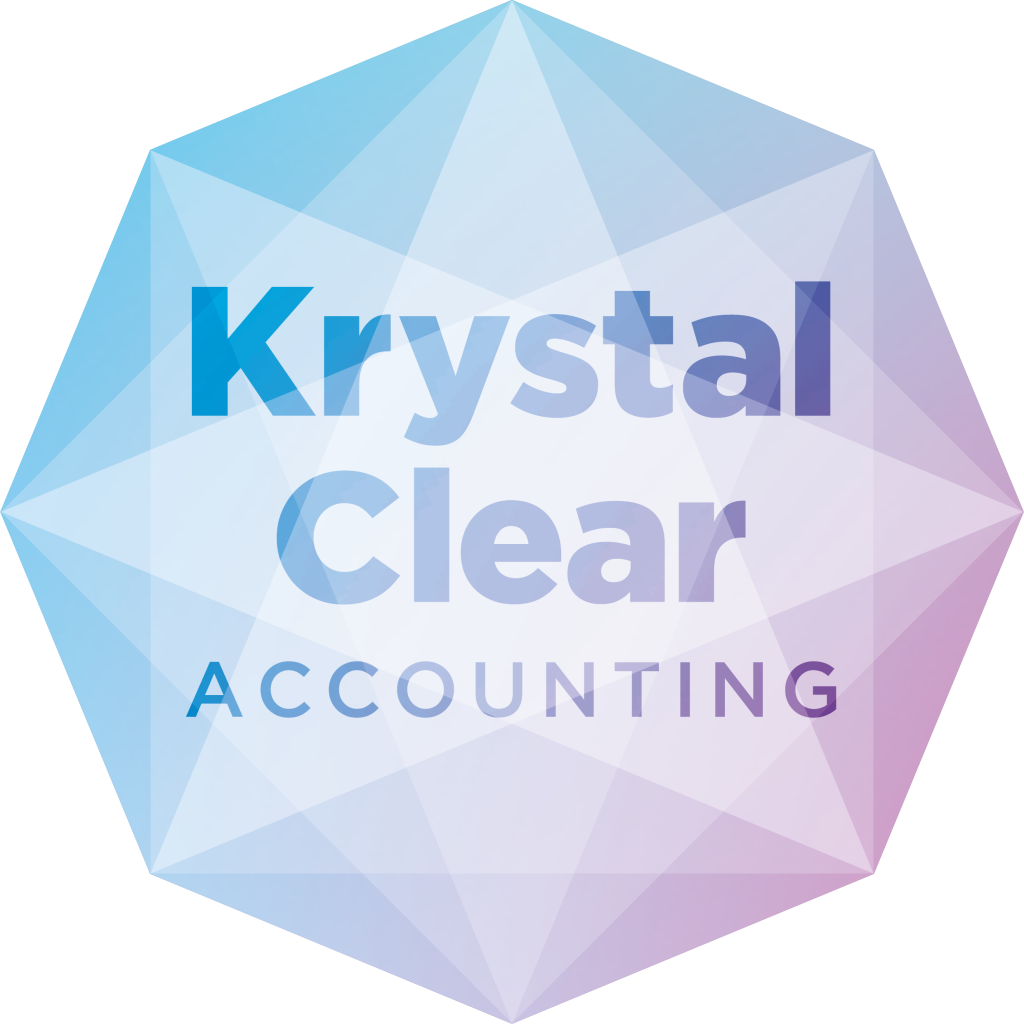
6 elements of a successful business plan
Writing and executing a successful business plan can increase your business growth by about 30%!
However, only 47% of SMEs own a formal written down and recorded business plan, with remaining 25% of SMEs only using informal business planning and 23% not using a business plan at all.
Whichever category your business falls into, creating or improving your business plan can bring in major benefits, such as setting up achievable objectives, defining your business vision and future direction and capitalising on growth opportunities. They will also enable you to review your performance and counteract poor-decision making.
Having all aspects of your business, its core values, performance and strategy, in one document will certainly help you to visualise the future of your business and set goals with a time limit in order to put the plan into practice.
In our experience at Krystal Clear Accounting, the 6 elements of a successful business plan contains the following:
- Transparency – identifying key business strengths, weaknesses, opportunities and threats as a part of the SWOT analysis is vital in order to demonstrate awareness of your business place in the market. Including weaknesses into the business plan will put you in a stronger position to either incorporate viable solutions or use that awareness to ensure business strengths and opportunities outweigh the weaknesses and threats.
- Customer knowledge – being aware of key audience demographics (age, gender, lifestyle choices, income, geographic location, communication preferences, their needs and issues that your business could cater for) would assist in creating a business plan, suited for targeting your specific customer type that would be interested in your offer rather than a generalised version of a typical customer, who might easily ignore your offering in a competitive marketplace.
- SMART objectives – setting out specific, measurable, achievable, realistic and time-based objectives will help you to be realistic with your business planning and increase deliverability, credibility and internal (employee) and external (supplier and investor) buy-in of your overall business strategy.
- Engaging content – writing up a business plan that is more story-like rather than report-like will help you to inspire the readers and build confidence in your business. Leave out any unnecessary information and fill it up with narrative and details of interest to the reader.
- Audience knowledge – targeting the message and tone of your business plan towards its potential reader (employees, investors, shareholders, suppliers) will help to effectively ‘sell’ to them. Even though they will look at the business plan as a predominantly sales or marketing document, you should also be careful not to oversell by using ‘flowery’ language and exaggeration. This will only diminish your credibility among your key stakeholders, so, being aware of the reader of your business plan will help you to avoid this trap.
- Schedule milestone short-term goals, leading to a long-term plan – your business plan should ideally encompass five or more years in the future. However, setting out short-term goals, which will lead to the achievement of the long-term plans will ensure your understanding of how to plan for and achieve growth and success as a business. This involves breaking down five years into one-year plan, and narrowing down the scope of these to quarterly-goals.
If you’d like pulling together a business plan ping an email to wecare@krystal-clear.co.uk or call 0161 410 0020.
Remember “Not all Accountants are the same!”

